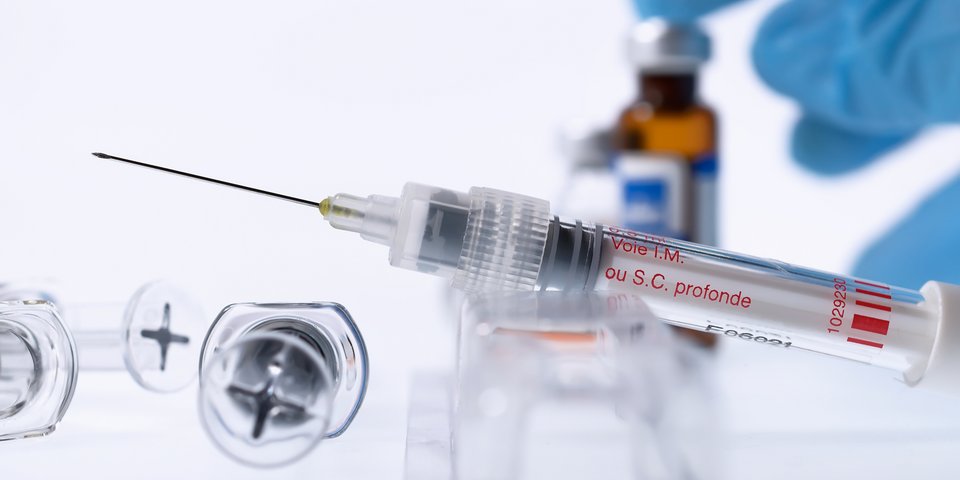 ursule - Fotolia
ursule - FotoliaSearching Together
The European Commission has presented its strategy in relation to COVID-19 vaccines
UM – 06/2020
The European Union (EU) is challenged to
succeed in the race to find a vaccine against Covid-19. On 17 June, the EU
Commission presented its coronavirus
vaccination strategy. Investments in research and development as well as in
the expansion of production capacities must be made at an early stage. A
centralised approach will prevent competition between Member States to find a
vaccine. They have called for European solidarity.
Agreement within the Council
At the EPSCO Council on 12 June 2020, the
health ministers of the federal states had previously signalled strong support
for a uniform, European approach. In relation to this, sympathy was also
expressed for the German, French, Italian and Dutch initiative to establish the
"Inclusive Vaccine Alliance". For Germany, Federal Minister of Health
Jens Spahn welcomed a determined and rapid action by the EU. He said that the
Commission should play a leading role in the negotiations on a vaccine and
conclude contracts with the industry quickly and pragmatically. Vaccine
manufacturers can already take advantage of favourable financing offers from
the European Investment Bank (EIB) to finance development and production. But a
vaccine is not yet in sight.
Strategic objectives
The EU's vaccination strategy has three
objectives: First, to ensure the quality, safety and efficacy of vaccines.
Secondly, to ensure that the vaccine is quickly available to Member States. And
thirdly, there should be equal access to vaccines in the EU and this should be
at affordable prices.
Purchase guarantees are intended to secure production
On the one hand, the production of a
sufficient quantity of vaccine is to be secured through Advanced Purchase
Agreements (APA). The necessary financial resources are to come from the
European Emergency Support Instrument (ESI). According to the Commission, a
large proportion of the approximately 2.7 billion euros available in the ESI would
be allocated for this purpose. In addition, funds will flow through Member
States that wish to purchase specific quotas of vaccines. The Commission acts
on behalf of the countries concerned. These countries are granted the right to
purchase vaccine doses on the basis of the terms of the APA. A draft vaccine
option contract has already been sent to the Member States and is currently
under discussion.
Using the legal framework flexibly
On the other hand, the legal framework
should be used in a flexible way to accelerate the development, authorisation
and availability of vaccines, while maintaining standards of quality, safety
and efficacy of vaccines. This includes, for example, initially imposing fewer
requirements on the data situation in the initial approval process for drugs at
the European Medicines Agency (EMA) and having these supplemented later. By
involving a task force (ETF) at the EMA, the approval process can also be
optimised in dialogue with the manufacturers through an early exchange of the scientific
findings already collected. In addition, the periods for consultation of the
Member States can be shortened or the labelling and packaging requirements can
be applied flexibly.
Global action is required
The European initiative is in the context
of global efforts to find a vaccine against COVID-19. Europe is involved in
global organisations and alliances such as CEPI (Coalition for Epidemic
Preparedness) or GAVI (Global Alliance for Vaccines and Immunisation). At the
beginning of May this year, the Commission had already initiated a donor
conference, the billions of euros of which are available for the research and
development of a vaccine (see also Newsletter 5-2020). There is still no guarantee that a
vaccine will be found anytime soon. Therefore, according to the Commission, the
development of tests and treatments remains important.
